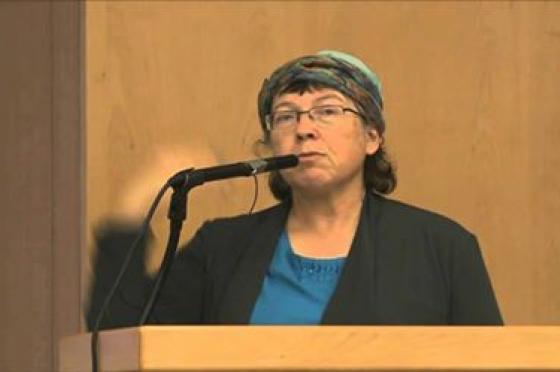
Last week, Israel’s Army Radio reported that Attorney General Avichai Mandelblitt ordered the Minister of Religious Affairs to include at least 30% female staff in each religious council.
To understand the monumental progress this act represents, we need to look back almost 30 years. It was then that one courageous woman – Leah Shakdiel – overcame fierce objections from the State vis-à-vis the Attorney General and the Ministry of Religious Affairs to become the first woman to serve as a member of a community religious council. The councils represent the Ministry in providing a range of State religious services to the public – including oversight for marriage, ritual baths, synagogues, etc.
In 1987, the Minister of Religious Affairs’ refused to appoint Leah as a member of Yeruham’s religious council. Leah appealed the decision in the Supreme Court, claiming discrimination. During proceedings, the State, represented by the Attorney General, maintained that a woman’s presence in a religious council would compromise its functionality, since the other council members would reject her. In addition, the State argued, women are not appointed to positions of leadership according to Jewish tradition and that, as a Jewish state, Israel must respect this tradition. The Court rejected the State’s position and ordered the Minister to appoint Leah.
Slowly but steadily, the wheels of progress are turning. In 1987, the Attorney General urged against women’s appointment to religious councils; in 2016, the same office issued an unprecedented order that each of the councils must comprise at least 30% women.
These advances inspire CWJ’s own efforts to eliminate discrimination against women enacted by State-backed rabbinic entities. Decades from now, we hope to look back at the small victories we secured today and wonder how they were ever controversial in the first place.
Perhaps in another thirty years, it will be obvious to the Attorney General that women should be entitled to religious freedom and equality in all contexts and in all places, including the rabbinic courts, the Western Wall and all areas of religious services.





 RSS
RSS